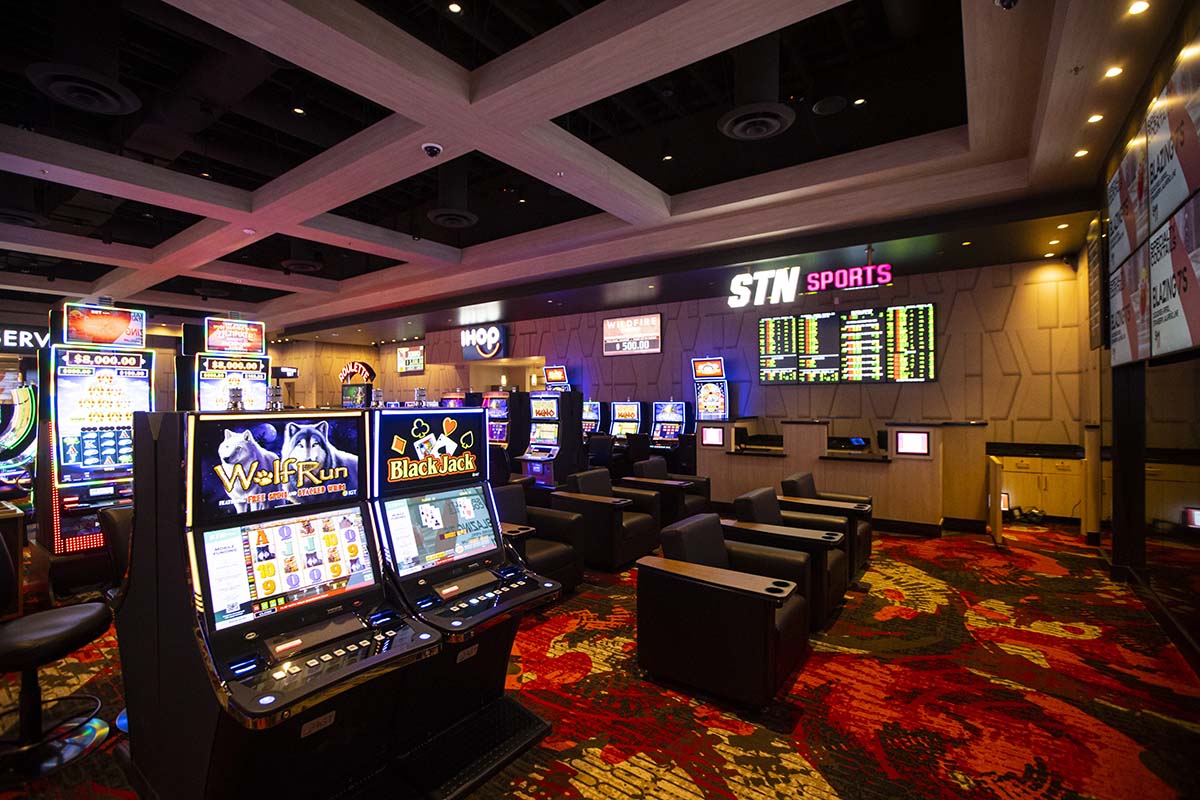
In the lively world of gaming, gambling house options have long seized the interest of players around the planet. These options, including timeless card options like poker to the whirling reels of slots, offer an captivating blend of chance and strategy. While fortune undeniably plays a crucial role in shaping outcomes, the importance of knowledge in many casino activities cannot be ignored. Understanding how skill shapes gameplay can enhance not only a participant’s engagement but also their likelihood of winning.
As we dig into the inner workings of gambling activities, it becomes evident that some need a solid base of wisdom and planning. Games like Texas Hold’em demand more than just fortune; they demand critical thinking, mental insight, and tactical decision-making. In contrast, other games, such as the roulette wheel and slots, are primarily determined by randomness, allowing participants to rely entirely on fortune. This contrast raises thought-provoking questions about what genuinely drives achievement in the domain of gambling and how a gambler’s competences can tilt the balance in their advantage.
Understanding Expertise versus Luck in Casino Activities
Within the realm of casino games, the discussion between skill and luck is a enduring one. Several games are frequently categorized into two categories: those that depend predominantly on chance, such as slot machines and the wheel, and those where skill plays a major role, like the game of poker and 21. The difference is important because it influences not only gameplay strategies but also the approach players adopt when participating with these games. Although luck can play a decisive role in the short term, skilled players can increase their chances of winning over the long run in skill-based games.
Skill-based games, especially poker, require players to understand odds, human behavior, and game strategies. A seasoned poker player can analyze rivals, make calculated bets, and understand when to fold, all of which can lead to more favorable outcomes. On the other hand, in games that are purely based on chance, no amount of skill can alter the odds. This means that although a player may win big in one session, their success may frequently be subject to the whims of chance results rather than any tactical expertise.
In the end, both skill and luck exist together in the world of casino games, forming a vibrant environment for players. While games of chance can provide excitement and instant gratification, proficiency and strategy in skill-based games offer a deeper level of engagement for those prepared to invest time in refining their craft. This interplay between skill and luck defines the experiences of players and influences their relationship with the games they choose to play.
The Impact of Ability on Game Outcomes
In the realm of casino games, ability plays a key role in determining the outcomes, especially in games where strategy and choices are paramount. For example, in poker, competitors must assess opponents, calculate probabilities, and make calculated bets to maximize their odds of succeeding. Unlike activities that depend purely on chance, such as slots or roulette, this game demands an understanding of both the game mechanics and the behavior of other players, making skill a critical component of victory.
Other skill-based activities, like the game of blackjack, also highlight the significance of player expertise. Understanding of basic tactics, card counting, and when to hit or stand can significantly influence the casino advantage. A skilled blackjack player can reduce this edge and improve their odds of success over time. This contrasts with games that do not permit for such tactical play, showcasing how the level of skill directly affects the possibility for positive outcomes.
Additionally, even within games considered primarily chance-driven, like craps, the decisions made by gamblers can impact their overall success. Choosing the optimal bets, understanding the likelihoods of different results, and managing one’s funds are essential aspects that can enhance a participant’s experience and results. Thus, while chance remains a factor in casino games, ability can significantly influence how efficiently players navigate these environments, leading to more favorable outcomes.
Approaches for Expert Play in Gaming Establishments
To succeed in gambling games, players must develop a robust comprehension of the regulations and probabilities involved in each game. This basic knowledge enables individuals to make wise decisions, especially in skillful games like poker and 21. Getting familiar oneself with game tactics, such as card counting in 21 or identifying wagering trends in Texas Hold’em, can significantly enhance a player’s odds of winning. MCW77 Rehearsing these tactics through mock games or lower-stakes games allows players to hone their skills without putting substantial amounts of cash at risk.
Another key strategy is money management. Players should set a budget before entering the gaming establishment and adhere to it strictly. This involves determining how much they are prepared to lose and imposing restrictions on how much they will wager in every gaming session. By keeping a controlled approach to gambling, players can sustain their play and reduce the chance of significant losses. Additionally, taking breaks can help maintain a clear head and prevent rash decisions that often lead to bad gameplay.
In conclusion, emotional control is essential in the high-stakes environment of a casino. Players must learn to manage their emotions, particularly during times of success or defeats runs. Staying attentive and not allowing emotions dictate gameplay can lead to more rational decisions. Methods such as taking deep breaths or stepping away from the gaming table during intense moments can help maintain composure. By cultivating a steady mindset, players can approach gambling games with assurance and expertise, thereby enhancing their complete experience and results.
